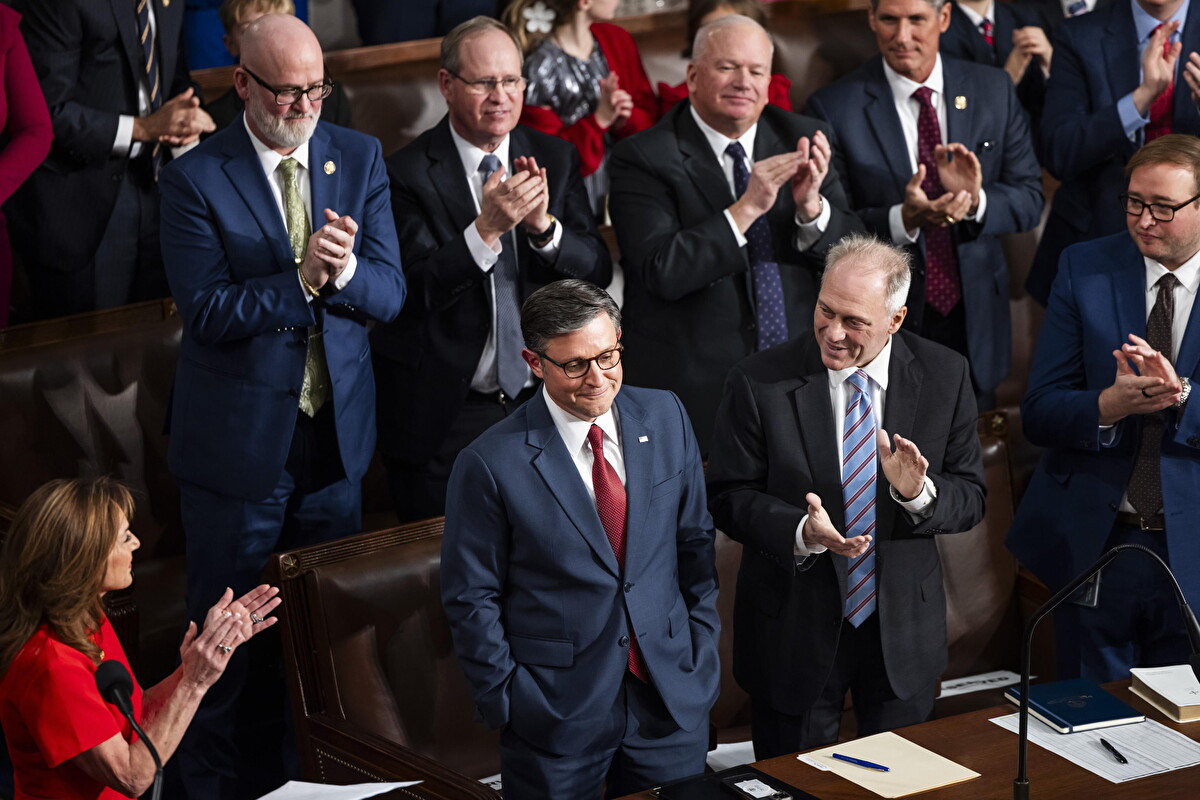Billionaires Jeff Bezos, Sam Altman and Peter Thiel have decided to invest their money to pursue the dream of eternal youth by funding research for therapies that can extend life with a $25 billion business.
Rather than surrender to the natural aging process we all undergo, these successful entrepreneurs want to try to battle the inevitable, or at least slow it down, by relying on science. Thirty-nine-year-old Sam Altman CEO of OpenAI and Jeff Bezos founder of Amazon, who turned sixty, have been funding Retro Biosciences and Altos Labs, which focus on cell biological research, with millions of dollars for a few years now. Fifty-seven-year-old PayPal co-founder Peter Thiel has donated more than $1 million to the Methuselah Foundation, a biomedical charity that aims to find effective anti-aging therapies by 2030 and has also partnered with NASA on a study of human tissue growth in the lab.
These researches are mainly based on techniques related to cell reprogramming and genetic manipulation with the aim of intervening in the aging process, so they require a lot of financial resources to be supported. However, the dream of eternal youth requires these funders not only to make a substantial and long-term financial commitment but also to confront legal and ethical obstacles. So far, in fact, the US FDA (Food and Drug Administration) has not approved any specific drug or therapy for the treatment of aging because it does not consider it a disease, but a natural process.
About the longevity research conducted by Methuselah Foundation, co-founder and CEO of the entity David Gobel said, “If you can rejuvenate bone marrow, you can rejuvenate anything.” He added, “And if you can rejuvenate blood, the health effects will yield great results.” However, Gobel made it clear that regulatory hurdles are the main reason why it is very difficult to bring these kinds of scientific innovations to market.
From an ethical point of view, the search for longevity therapies has raised several questions. In this regard, Dr. Joshua Chodosh, director of the Division of Geriatric Medicine and Palliative Care at the NYU Grossman School of Medicine, pointed out that the fundamental problem to be considered in the field of longevity research is figuring out who they are aimed at and when to intervene. “Yet, when we think about healthspan, we know that it is not relative to the state of a single organ,” Chodosh said. “It is a very complex system, and the health of a human being can affect some organs or even all organs of the entire human body.” According to the expert, moreover, aging is also related to environmental problems, unhealthy diet and pollution, which if reduced, would be a valuable aid in reducing the oxidative stress that causes cells to age.












